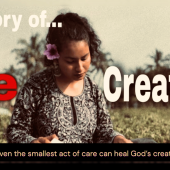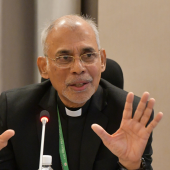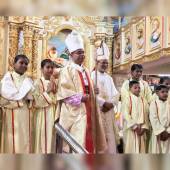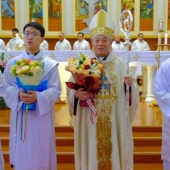India launches first National March for Life in Delhi
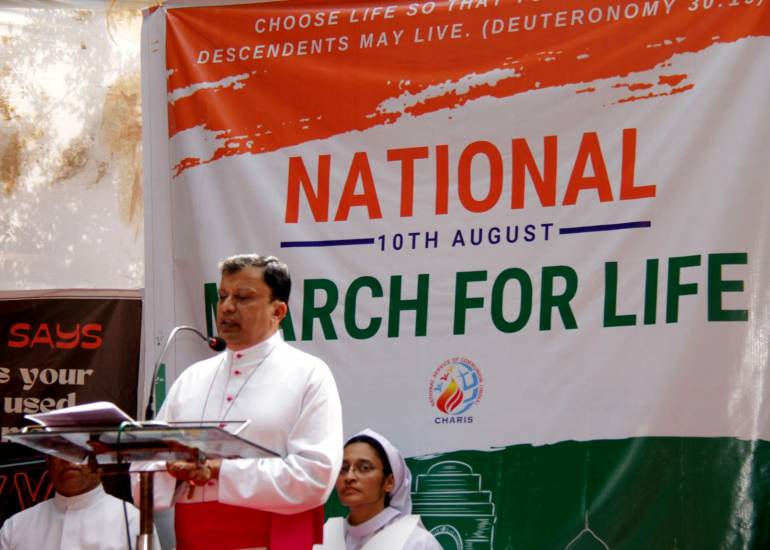
Charis India, the official body of the Catholic Charismatic Renewal Services in the country, organized the first National March for Life in Delhi on August 10.
March for life included pro-life organizations, Diocesan Life Commission representatives, Bishops, priests, Religious, and lay faithful.
They gathered at Jantar Mantar holding placards and singing hymns and marched 2.5 km to the Sacred Heart Cathedral.
Addressing the gathering Auxiliary Bishop Deepak Valerian Tauro of Delhi and chairman of the Pro-life Commission exhorted all to “pray that the unjust killing of innocent and helpless children in wombs comes to an end.”
The day also marked the 51st anniversary of the passing of the Medical Termination of Pregnancy Act which legalized abortion in India.
The abortion law was amended in 2021 to allow women to seek safe abortion services on various grounds with an increase in the gestation limit from 20 weeks to 24 weeks.
It is reported that over 15 million abortions are performed in India every year.
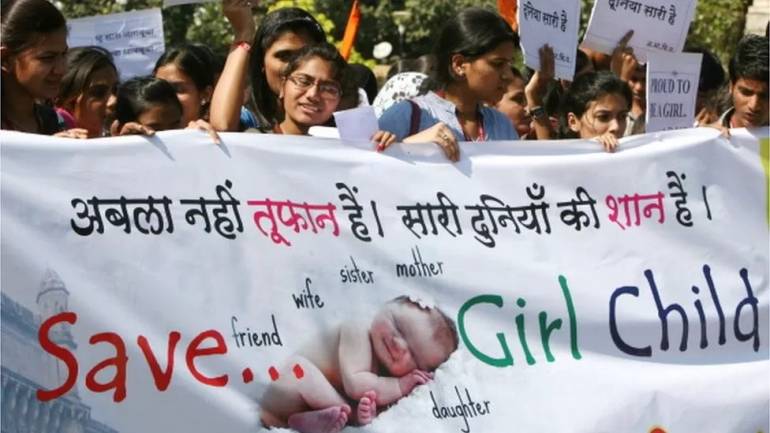
Sex-selective abortion of baby girls are a significant issue in India. India has an imbalanced sex ratio with significantly fewer girls born compared to boys. For this reason India was described as “land of missing women”. In 1994, the Pre-Natal Determination Test (PNDT) Act outlawed sex-selective abortions and in 2002, it was amended to include gender selection even at the pre-conception stage.
2011 census data showed that there were 914 girls to 1000 boys, with some states as low as 819. However, the 2021 National Family Health Survey (NFHS) data, released by the Indian government, states that there are now 1,020 women for every 1,000 men. Experts doubt the results as it is from a sample survey of about 20% of the 300 million households in India and, hence, not as accurate as a census report.
Radio Veritas Asia (RVA), a media platform of the Catholic Church, aims to share Christ. RVA started in 1969 as a continental Catholic radio station to serve Asian countries in their respective local language, thus earning the tag “the Voice of Asian Christianity.” Responding to the emerging context, RVA embraced media platforms to connect with the global Asian audience via its 21 language websites and various social media platforms.









